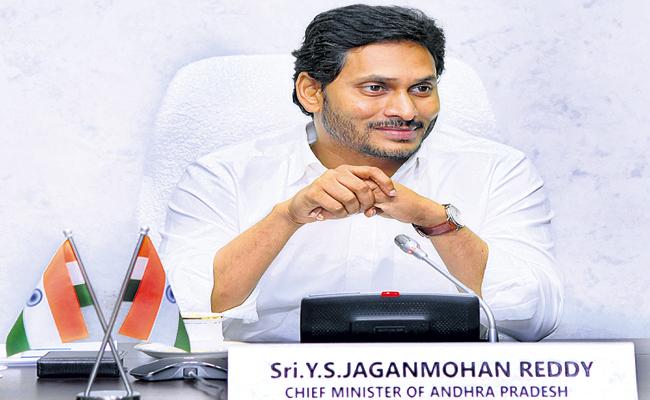
The high court judgement of March 3 upholding Amaravati as the capital of Andhra Pradesh has led to the fundamental question: what is supreme – court verdict or people’s verdict?
The answer came directly from chief minister Y S Jagan Mohan Reddy. He asserted on the floor of the state assembly that people’s judgement has more value than the high court judgement.
“The laws we are making stand for public scrutiny every five years. This is the very reason why the previous dispensation (which selected Amaravati as the state capital) was rejected by the people. They gave us a thumping mandate with 151 of the 175 seats in the House. Their verdict is ultimate,” Jagan said.
He asserted that the courts should not be getting into the domain of the state government of making laws.
“This I am saying with utmost respect towards judiciary and to set the record straight for future generations to come,” he said.
He resolutely said that decision on capitals is our right and responsibility while policy making is the domain of legislature.
“The courts cannot pre-empt or direct the government not to make a policy with presumptions and lay down impossible conditions setting timelines which cannot be met,” he said.
“The verdict of AP High Court appears to be a trespass into the legislative terrain though our Constitution has laid down the frame work of the three pillars of executive, legislature and judiciary. We felt that the limits were crossed and hence had taken up the discussion in the House,” he said.
He said legislature has been in existence for a long time.
“We came here with a mandate. If we cannot question the high court verdict, there will be no meaning to the legislature. Who will make laws, legislature or judiciary will remain a question mark if it is not debated,” he said, adding that if the court says we cannot even pass resolution on decentralization of development, the line is crossed.
Legal experts say Jagan seems to have misread the Constitutional position.
“Government is a continuous process, whereas people’s mandate changes every five years. If people’s verdict is supreme, there will be change in policies every five years,” a legal expert said.
If Jagan thinks the people had given him mandate to form three capitals for the state, what will happen if the TDP comes back to power in 2024 again? Should it revert to the single capital at Amaravati? And after another five years, if Jagan returns to power, will he change it to three capitals again?
According to the legal expert, the high court did not actually question the powers of the state legislature to enact laws.
It only said in this particular case of three capitals, the state legislature is not competent to enact fresh laws, as the capital was formed as per the AP Reorganisation Act.
“Since the Act was passed by the Parliament, the state government should convince the Centre to go in for an amendment for three capitals in Parliament. It is purely a technical issue, but not the question of judicial interference into the legislative affairs,” he argued.














